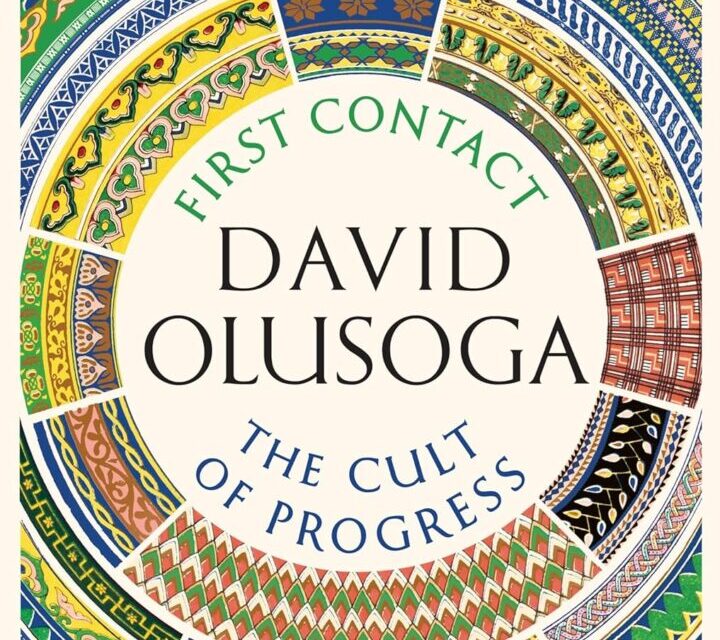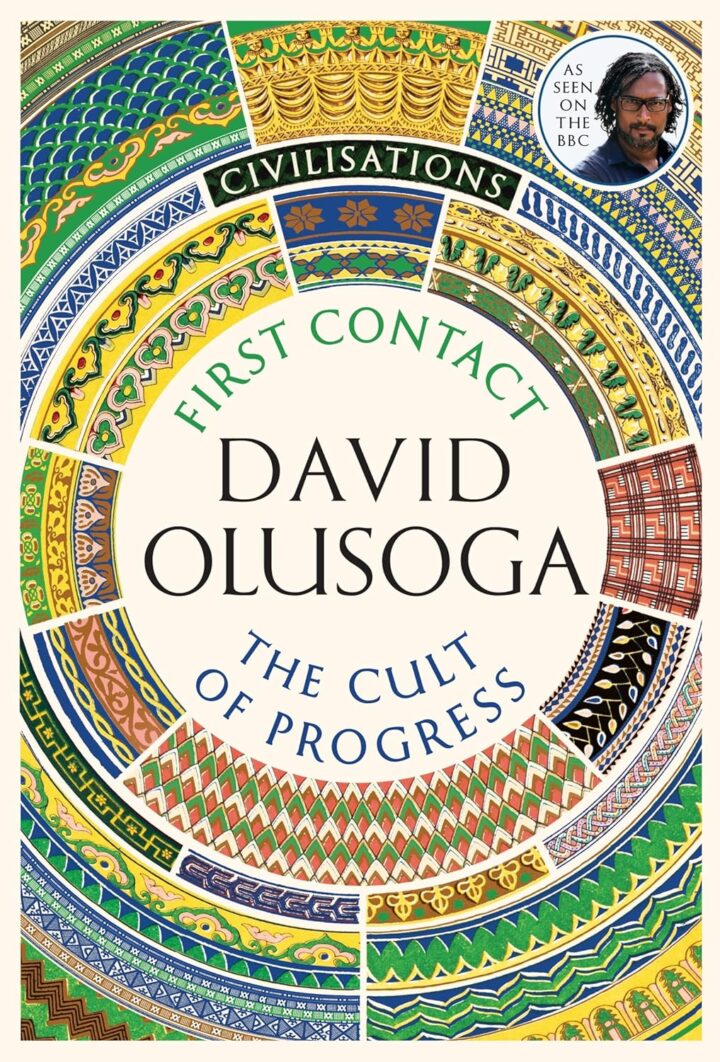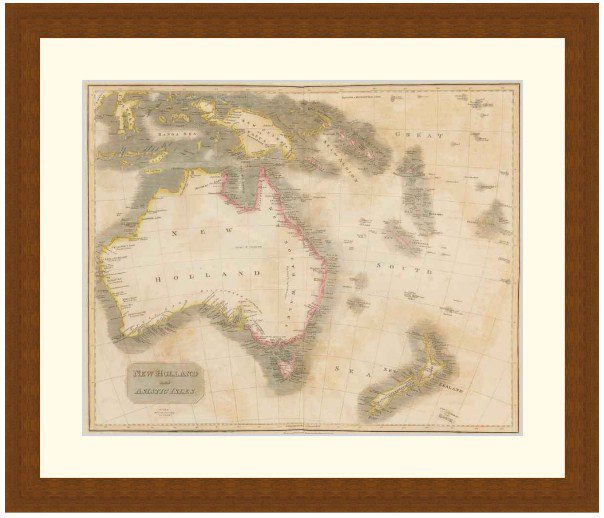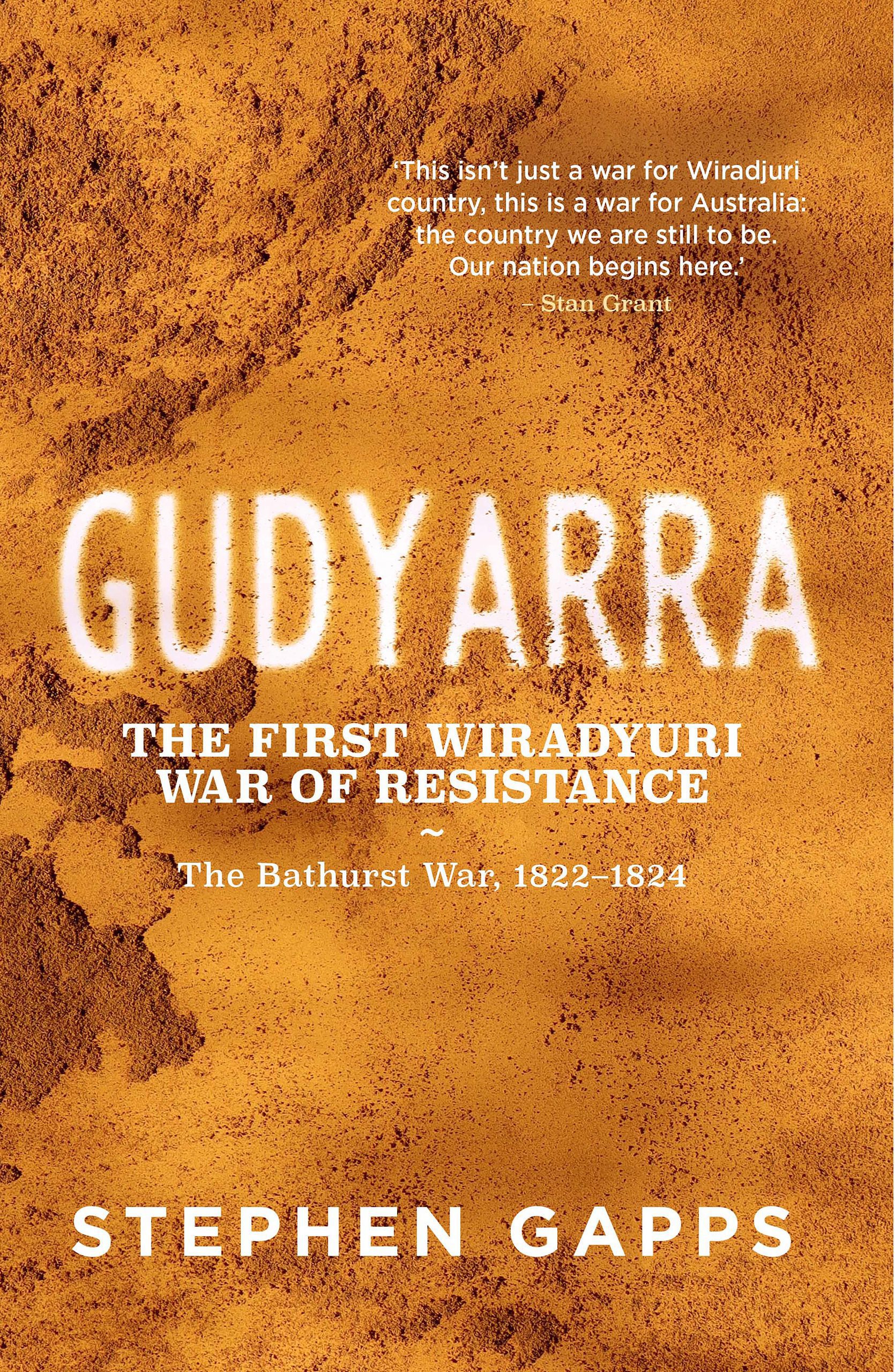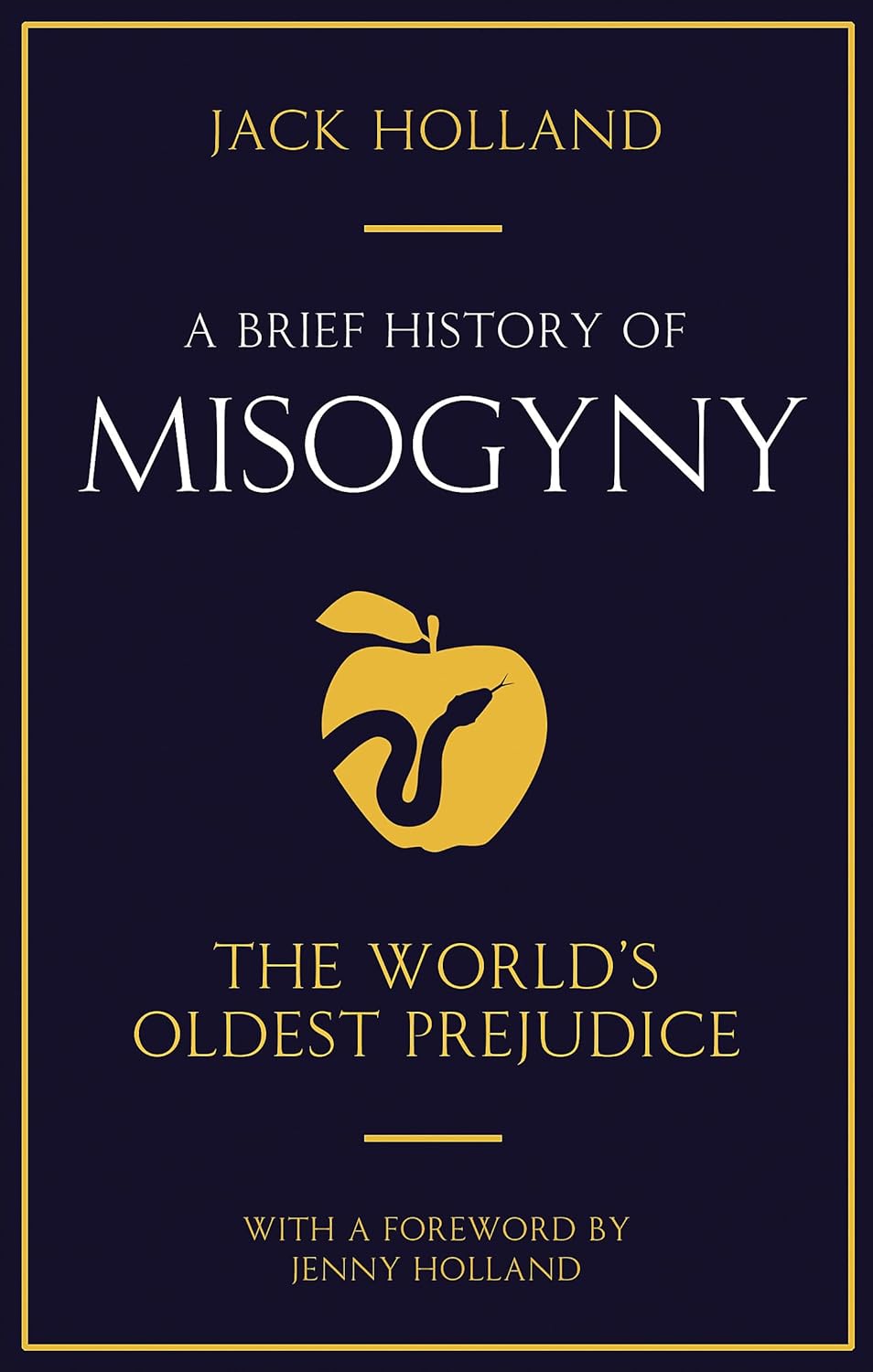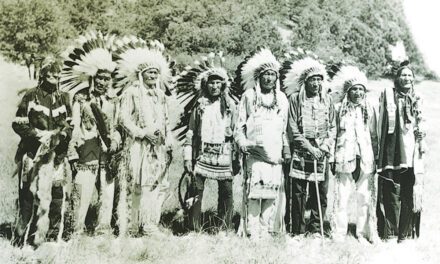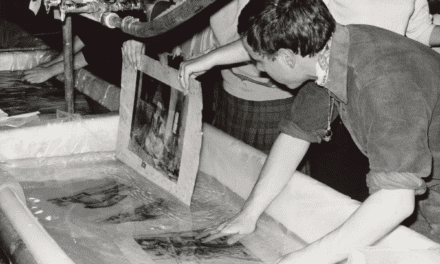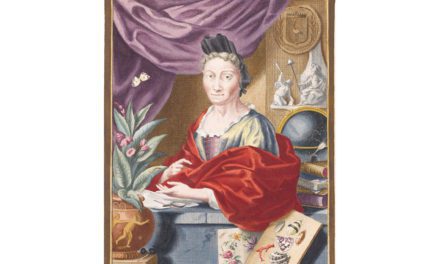Reading time: 2 minutes
Civilisations: First Contact / The Cult of Progress, by David Olusoga
Oscar Wilde said ‘Life imitates Art far more than Art imitates Life.’ Was he right?
In Civilisations, David Olusoga travels the world to piece together the shared histories that link nations. In Part One, First Contact, we discover what happened to art in the great Age of Discovery, when civilisations encountered each other for the first time. Although undoubtedly a period of conquest and destruction, it was also one of mutual curiosity, global trade and the exchange of ideas.
In Part Two, The Cult of Progress, we see how the Industrial Revolution transformed the world, impacting every corner, and every civilisation, from the cotton mills of the Midlands through Napoleon’s conquest of Egypt to the decimation of both Native American and Maori populations and the advent of photography in Paris in 1839. Incredible art – both looted and created – relays the key events and their outcomes throughout the world.
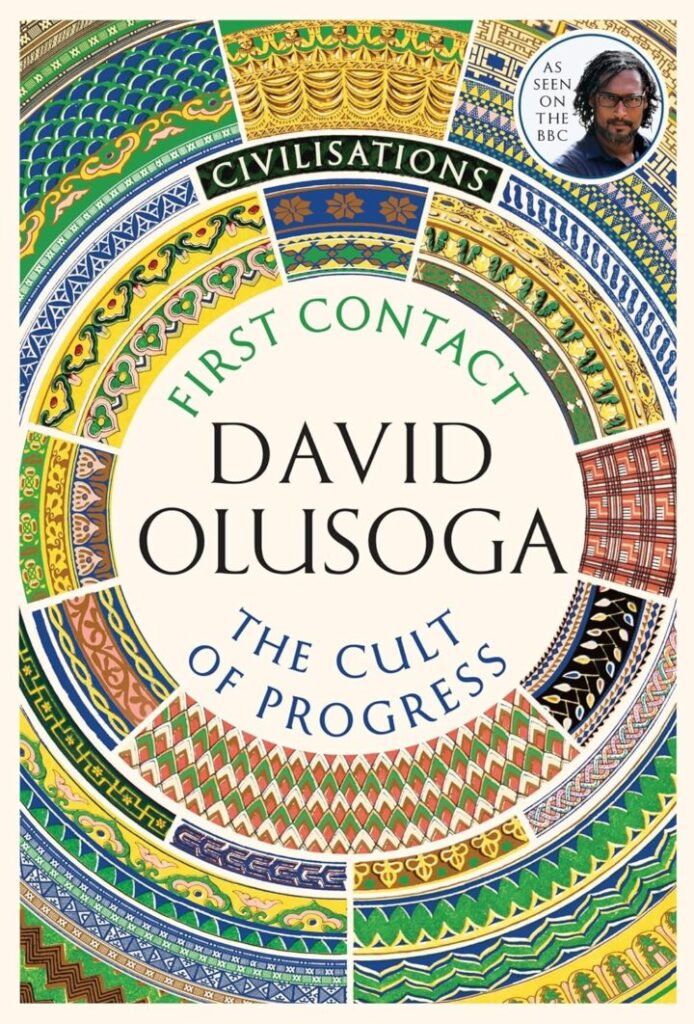
What happened to art in the great Age of Discovery when civilisations encountered each other for the first time?
In the Americas, the Spanish were so baffled by Aztec art that they melted the gold treasures they looted, repurposing it to make their own glorious art. David Olusoga explores the reactions of Europeans in Africa amidst the Ife and Kongo, and show Albert Eckhout’s incredible studies of Brazilians as encountered by the Dutch. Olusoga explains how the Japanese remained steadfast to their own artistic identity in the face of their own increasing influence from the Dutch, and show how on the other hand India was changed forever by the arrival of the East India Company.
A companion book to the hit BBC2 series Civilisations
“Olusoga is a smart and inventive narrator, with a keen historical curiosity and effortless style”
The Guardian
“Told with great fluency and clarity of style… a highly readable and engaging account”
Sunday Times
“An insightful take from a great writer”
History Revealed
“This is a fascinating book which looks at the history of conquest and colonisation from a new and exciting perspective… With plenty of illustrations, an index and suggestions for further reading, I can highly recommend it.”
Jan Kershaw, GLAM Adelaide
Civilisations: First Contact / The Cult of Progress – Book
By David Olusoga What happened to art in the great Age of Discovery when civilisations encountered each other for the first time? In the Americas, the Spanish were so baffled by Aztec art that they melted the gold treasures they looted, repurposing it to make their own glorious art. David Olusoga explores the reactions of…
Only 3 left in stock
Articles you may also like
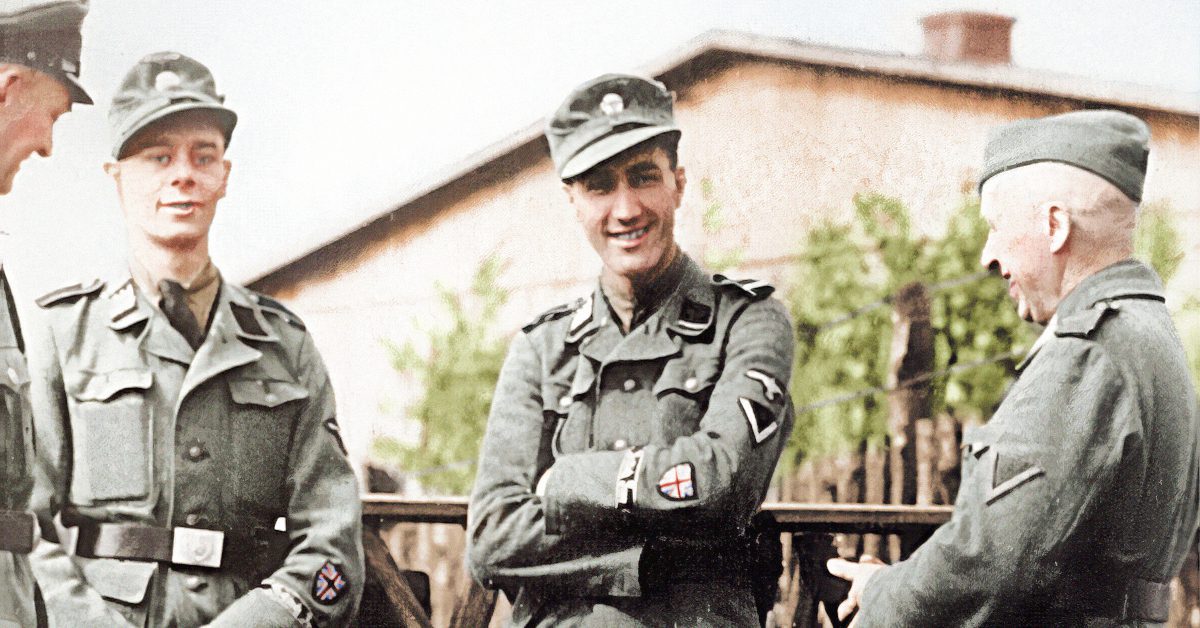
Traitors to King and Country: Inside the British Free Corps, Hitler’s British Legion
Reading time: 11 minutes
From the moment it took power, the Nazis ruled over a German state possessed of two armies. One was the inheritor of the imperial lineage of the First World War, and the second was the Waffen-SS, which grew from a tiny band of Hitler’s most hardened antisemites to a force of nearly a million men from over two dozen nations before its demise.
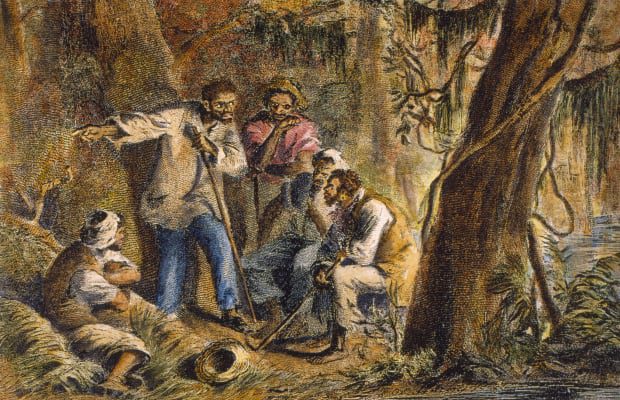
The Confessions of Nat Turner, The Leader of the Late Insurrection in Southampton VA – Audiobook
By Thomas R. Gray THE CONFESSIONS OF NAT TURNER, THE LEADER OF THE LATE INSURRECTION IN SOUTHAMPTON VA – AUDIOBOOK This is a detailed description of the massacre that took place on August 21-23, 1831 that became known as Nat Turner’s Rebellion. Nat Turner himself relates the events to the author from his jail cell […]
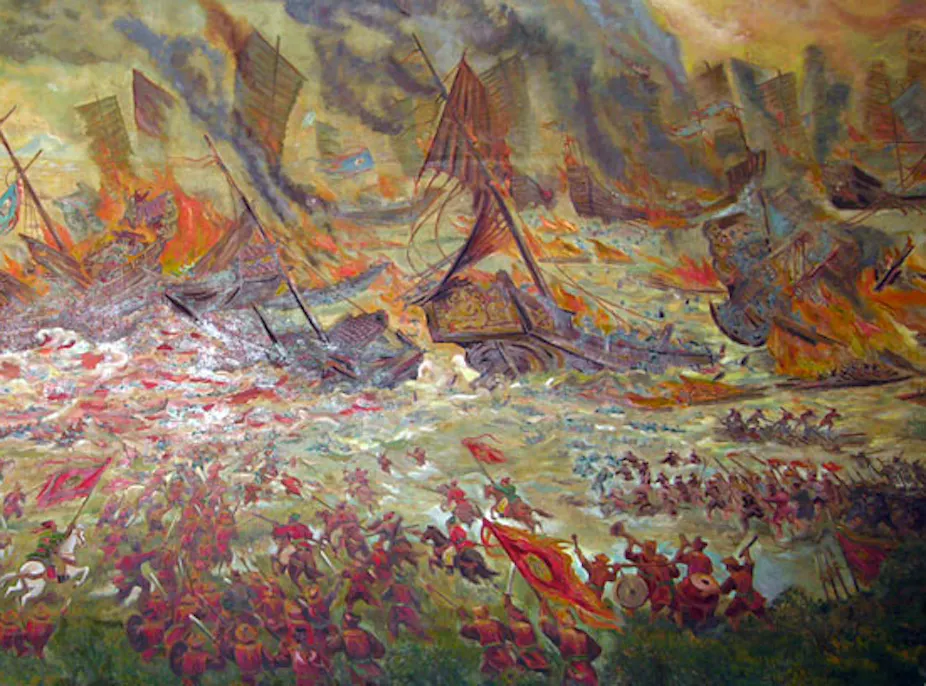
The original kamikaze: Kublai Khan’s invasion shipwreck found?
Reading time: 4 minutes
Archaeologists from the University of the Ryukyus in Japan have discovered part of a 13th century ship that apparently belonged to Mongolian warlord Kublai Khan. The ship is believed to be a remnant of a fleet that took part in one of Kublai Khan’s failed attempts to invade Japan, in 1274 or 1281.
The text of this article was commissioned by History Guild as part of our work to improve historical literacy. If you would like to reproduce it please get in touch via this form.

